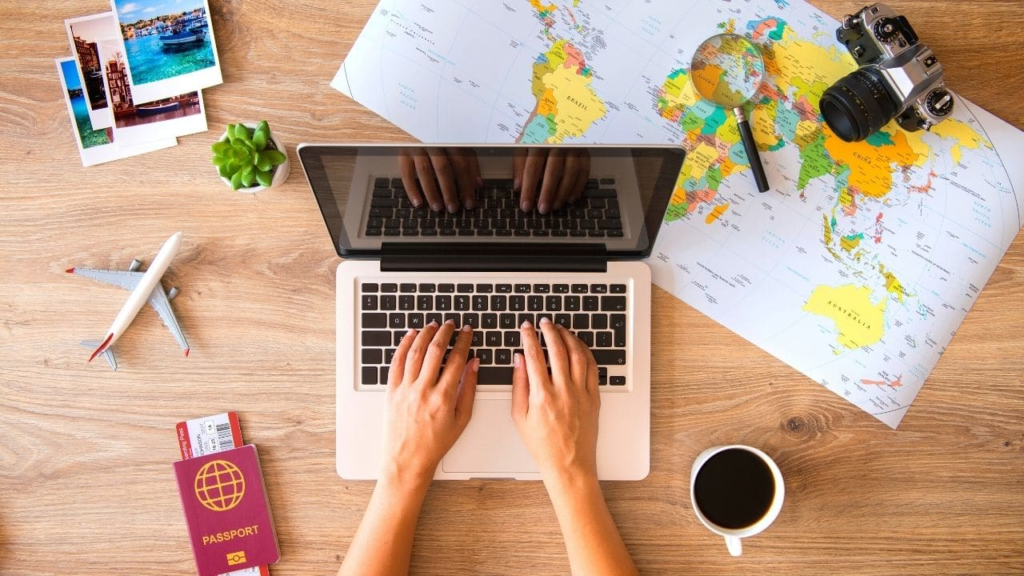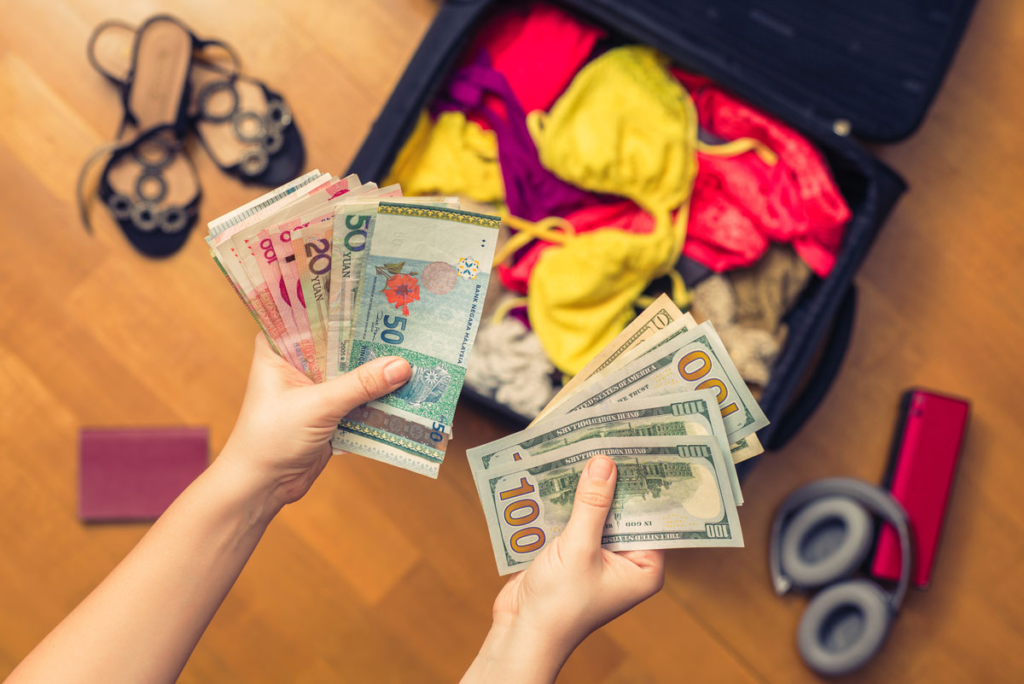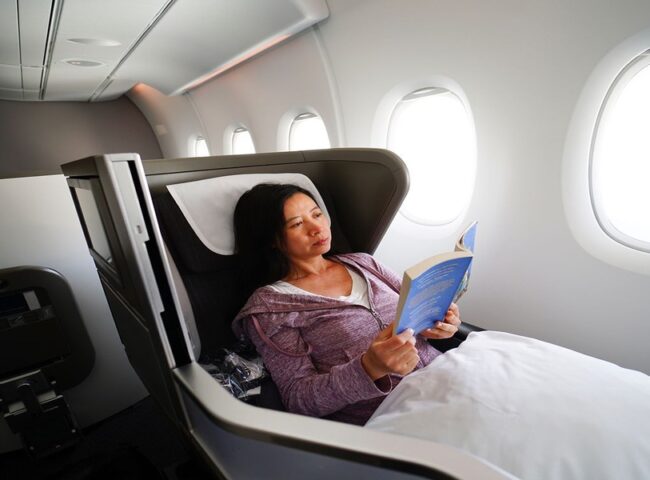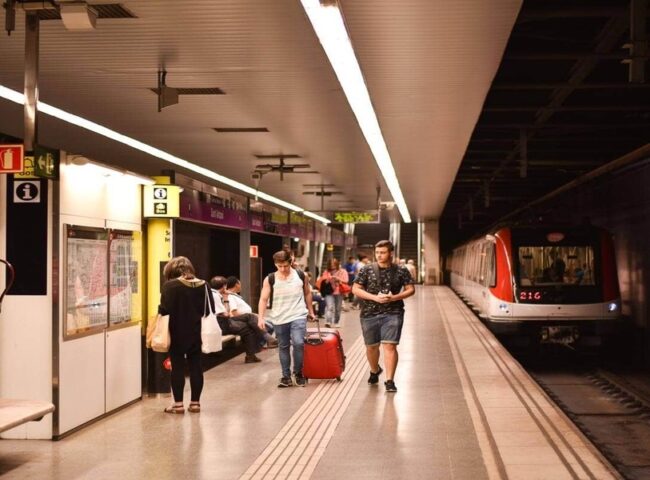Traveling on a tight budget might seem like a daunting task, but with some careful planning and smart choices, it’s entirely possible to explore new places without breaking the bank. Whether you’re a college student, a recent graduate, or simply someone looking to save money while traveling, this comprehensive guide will show you how to make the most of your journey while keeping your expenses in check.
Part 1: Planning Your Budget Trip

1.1 Set a Realistic Budget
The first step in traveling on a tight budget is to establish a clear budget. Determine how much you can afford to spend and stick to it. Be honest with yourself about your financial situation, and remember that traveling doesn’t have to be expensive to be enjoyable.
1.2 Choose Budget-Friendly Destinations
Some destinations are inherently more budget-friendly than others. Consider countries or cities where the cost of living is lower, such as Southeast Asia, Eastern Europe, or South America. These regions often offer exciting experiences without the hefty price tag.
1.3 Timing is Everything
Traveling during the off-peak season can significantly reduce your expenses. Flight tickets, accommodation, and activities are often cheaper when demand is lower. Research the best times to visit your chosen destination for budget-friendly options.
1.4 Create a Detailed Itinerary
Planning your trip can help you save money. Research free or low-cost attractions, create a daily itinerary and keep an eye on public transportation schedules to optimize your time and funds.
Part 2: Saving on Transportation
2.1 Cheap Flights
– Use fare comparison websites like Skyscanner, Google Flights, or Kayak to find the best deals.
– Be flexible with your travel dates and consider nearby airports.
– Subscribe to airline newsletters for exclusive deals and discounts.
2.2 Affordable Accommodation
– Stay in budget accommodations like hostels, guesthouses, or budget hotels.
– Consider alternatives like Airbnb or Couchsurfing for even more savings.
– Booking in advance or last minute can often yield discounts.
2.3 Public Transportation
– Use public transportation instead of taxis or car rentals.
– Purchase city passes or transportation cards for discounts on multiple rides.
– Walk or rent a bicycle to explore the city for free.
2.4 Travel Light
Packing light can save you money on baggage fees and make your trip more convenient. Stick to the essentials and utilize laundry facilities at your accommodations if needed.
Part 3: Cutting Costs on Food

3.1 Street Food and Local Markets
Eating at local street vendors and markets can be both delicious and economical. Sample the authentic cuisine and save money at the same time.
3.2 Cook Your Meals
If your accommodation provides kitchen facilities, take advantage of them. Preparing your meals can be significantly cheaper than eating out for every meal.
3.3 Bring Reusable Water Bottles
Save money and reduce waste by refilling a reusable water bottle throughout the day. This simple habit can add up to substantial savings.
Part 4: Entertainment and Activities
4.1 Free Attractions
Many destinations offer free or low-cost attractions. Museums, parks, and historical sites are often budget-friendly and can provide an enriching experience.
4.2 Guided Tours and Discounts
Look for free or discounted guided tours, often offered by local guides or through tourism offices. These tours can provide insights into the local culture and history.
4.3 Student and Youth Discounts
If you’re a student or a young traveler, take advantage of discounts on transportation, accommodation, and attractions. International student or youth cards can be especially valuable.
Part 5: Saving Money on Currency Exchange

5.1 Avoid Airport Currency Exchange
Airport currency exchange counters usually offer unfavorable rates. It’s better to exchange money at local banks or use ATMs to withdraw local currency.
5.2 Use a No-Foreign-Transaction-Fee Credit Card
Having a credit card that doesn’t charge foreign transaction fees can save you money on international purchases.
Part 6: Staying Safe and Healthy

6.1 Travel Insurance
Don’t skip travel insurance. It’s a vital safety net in case of unexpected events, and it can save you from significant expenses in case of emergencies.
6.2 Health Precautions
Research the health requirements of your destination. Some countries may require vaccinations, so be prepared and budget for these expenses.






